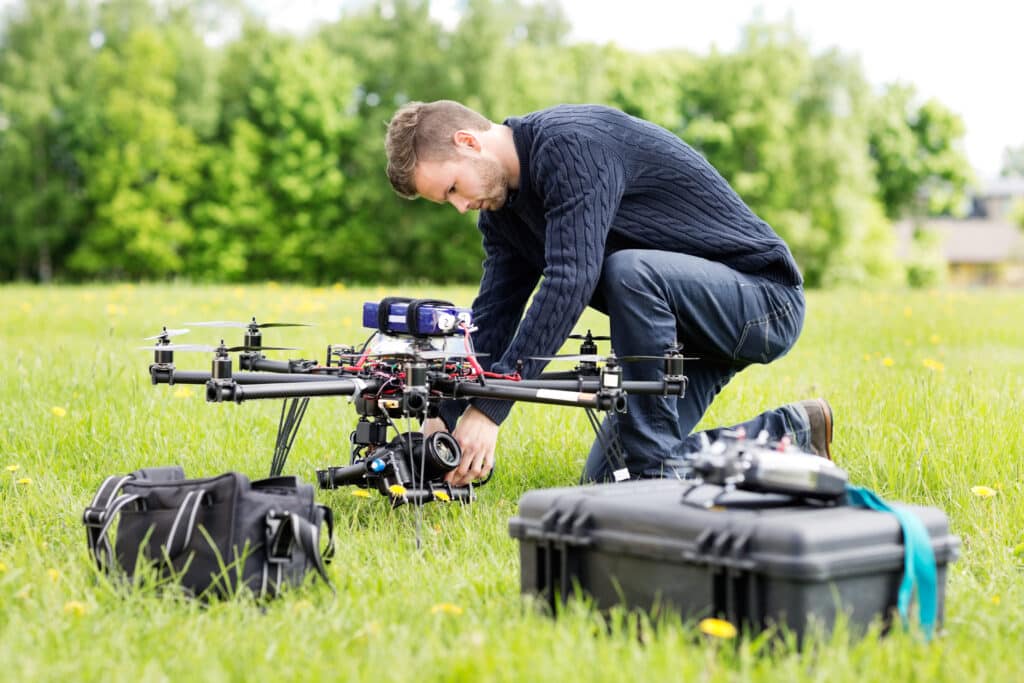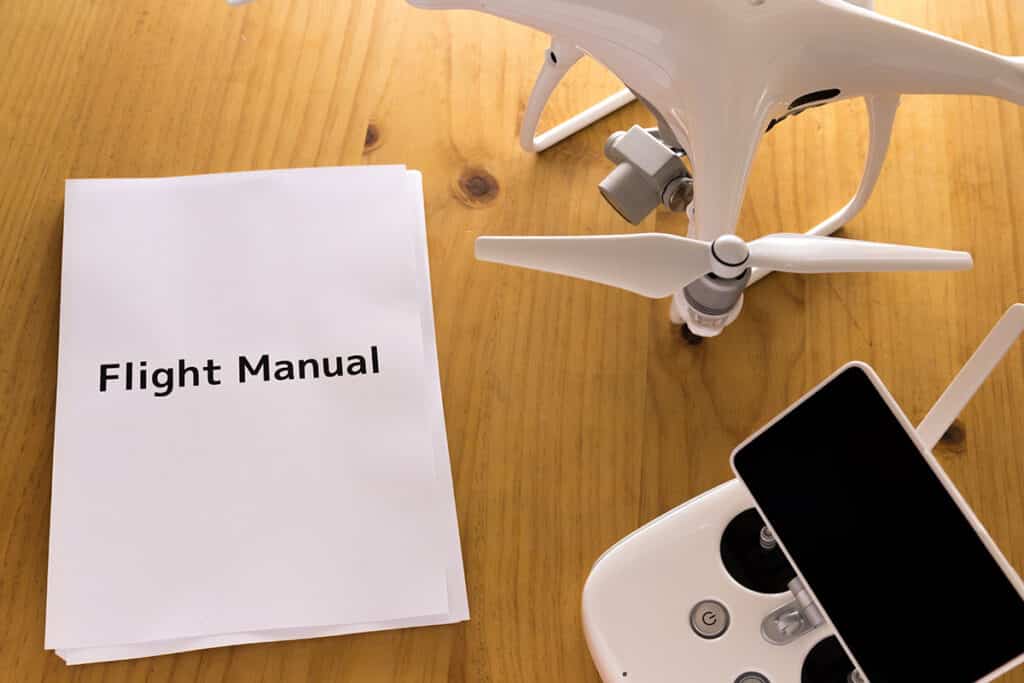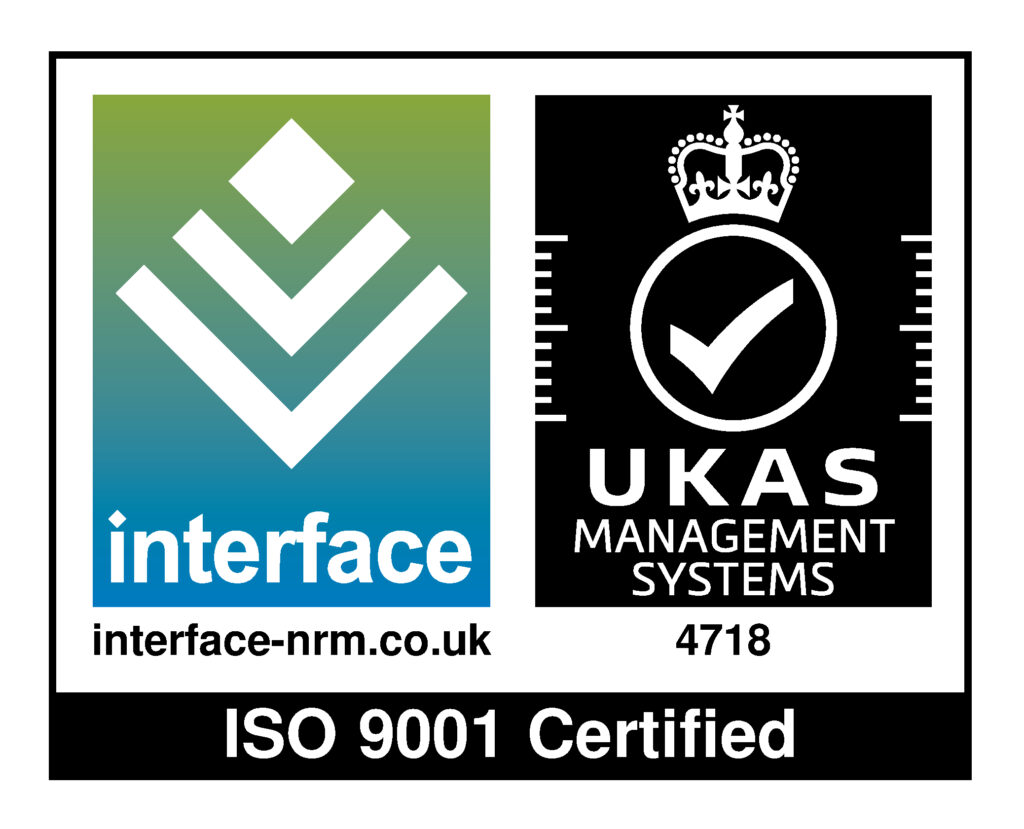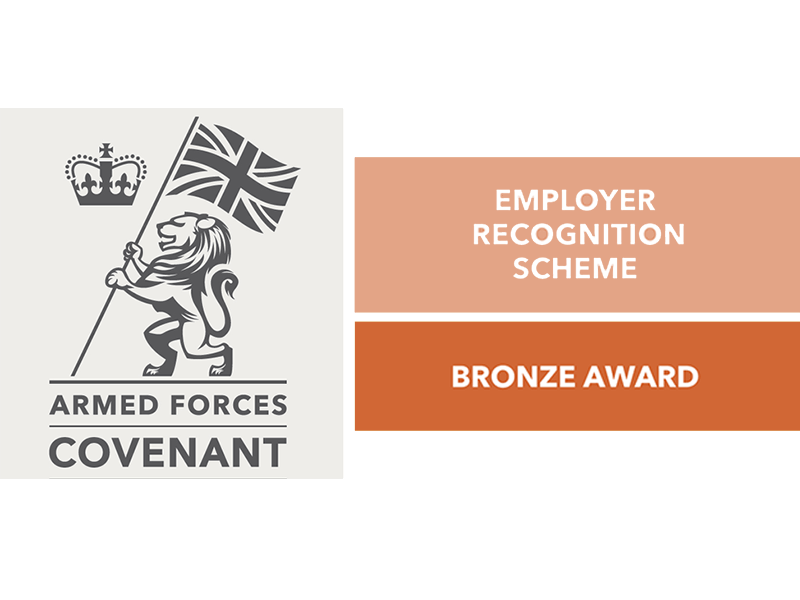How (and Why) to Ensure Drone Pilots Comply with Your Standards
To keep your drone program running smoothly, you need to ensure your drone pilots comply with established standards.
One of the unsung heroes of the business world are quality control managers. These tireless professionals create the stop gap which ensures productivity doesn’t come at the sacrifice of established standards and personal safety. And, as part of that, that means ensuring drone pilots comply with established standards and practices.
Since the product produced by drone pilots is often digital in nature, it may seem like quality control isn’t as important. However, nothing could be further from the truth.
Drone pilots shoulder a great deal of responsibility. If operated in an unprofessional manner, drones can cause damage and injury to infrastructure and people. Whether it’s a quality control manager or somebody else, such as a chief pilot, someone should be designated to ensure everyone operates professionally.
If your organization already has this in place, you’re ahead of the curve.
Now, in my personal dealings, I’ve found that many businesses rely on drone pilots to govern themselves. While this works in most cases, it still leaves room for human error. If you’ve yet to establish a checks and balance method, or are relying on the pilot alone, now’s the time to consider improving your system.
Let’s take a look at how you can ensure your drone pilots comply with standards to ensure operations run smoothly, effectively, and most importantly, safely.
Licensing And Training
One of the easiest things to monitor are the certifications and training experiences of your drone pilots.
Many locations require drone pilots to obtain licenses or other certifications before they can legally fly for work. In the United States, for example, pilots must obtain a Part 107 certification and complete recurrent training every 24 months.
Quality control managers can easily verify the certifications of a pilot and monitor when those certifications are up for renewal.
Some companies offer software for managing your fleet and pilots, such as DJI’s Flight Hub. However, you can also track it with a simple spreadsheet or calendar. Having current certifications and training provides a good sign that your drone pilot(s) remain responsible.
Make Sure Drone Pilots Comply with Your Operations Manual
Every organization is different, and pilots working for you should have guidelines that keep them flying in a safe and productive manner.
One of the best methods for establishing clear guidelines to follow is the creation of an operations manual. A good operations manual acts as a reference for everyone in your organization on what to expect from both internal drone pilots or those subcontracted out.
Additionally, an operations manual helps pilots better understand their roles and expectations.
That said, you don’t need complex operations manuals for them to remain effective.
A few of the basic elements you should have include standard operating procedures, maintenance schedules, emergency procedures, and accident reporting. If you need help in developing your manual, seek the advice of experts in the field.
Spot Checks Help Ensure Compliance
When I was in the Marine Corps, we had a saying: “Trust, but verify.”
While I always thought my fellow Marines were doing what they were supposed to, I would occasionally show up unannounced and see how things were going.
Most of the time everything was in order, and I left feeling reassured that we were a strong unit. On the extremely rare occasion that this wasn’t the case, it provided an opportunity to correct the situation in real-time.
Foster an environment in which asking to join a drone pilot during a given flight is seen as a chance to excel, rather than a “big brother is watching me” type of scenario. Most pilots will love for you to join them on their flight.
To help, rather than hinder, you can help carry gear and act as a visual observer. In addition to learning how the pilot operates, pilots can share concerns or recommendations with you for improving your company’s drone operations.
Addressing Issues
At a minimum, you should conduct annual reviews of your UAV operations.
Reviews should identify anyone whose certifications are up for renewal in the next year, changes needed in the operations manual, equipment issues, and a review of any incidents that occurred since the last review.
Even with an annual review, issues can still occur. Pilots may lapse on their certifications, drones can crash, or rules may be broken. If quality control managers identify one of these shortfalls, it must be dealt with a in timely manner.
For instance, pilots with expired credentials should be immediately grounded until their licenses are valid again.
If a drone crashes, first address the immediate concerns of any damage or injuries that may have occurred. Next, identify the root cause of the crash and make the necessary changes to prevent future incidents. This may require updates to your operations manual.
In the rare case the pilot acted irresponsibly, handle the matter in accordance with your HR policies.
Key Takeaways
Most drone pilots are highly professional and skilled operators. In many cases, quality control managers will find their review of UAV pilots to serve no other purpose than to validate that everything is operating according to standards.
With that being said, trust – but verify.
Ensure your drone pilots comply with your established standards, and your drone program will continue to thrive for years to come.
—
So, are you ready to take advantage of drones for your organization? If so, how do you get started? Do you hire out or bring your drone program in-house?
At Consortiq, we help you find a better way with drones, from consultation and program implementation to actually doing the work for you.
And, we specialize in tackling even large, complex programs from the ground-up.
Ready to learn more? Just complete the form below to schedule a risk-free consultation!
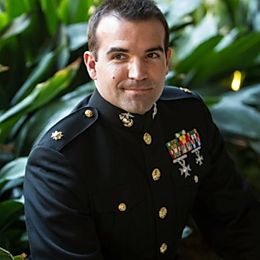
David Daly - Contributing Author
David Daly, is an award-winning photographer/writer and licensed (FAA) Commercial sUAS pilot. A graduate of the United States Naval Academy, David is a former Marine Corps officer with a BS in Oceanography and has earned his MBA from the University of Redlands. David has worked for Fortune 100 companies and has a background in aerospace, construction, military/defense, real estate, and technology.
Ready to Utilize Drones For Your Organization?
Contact Us Today to Get Started!

